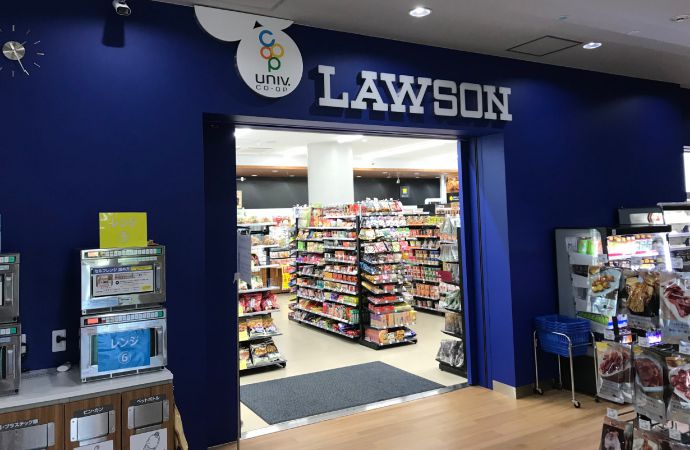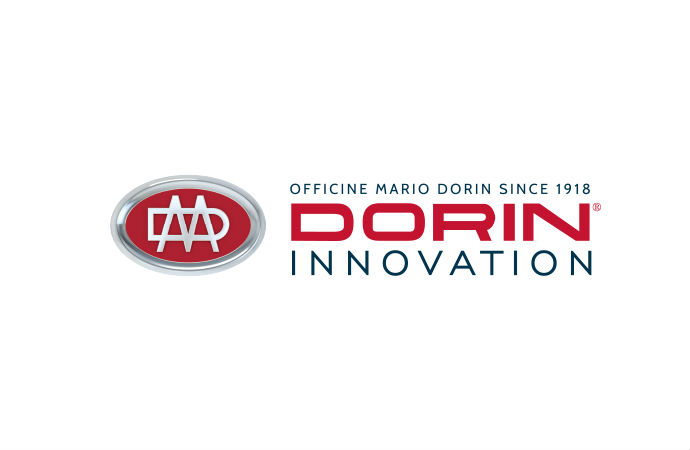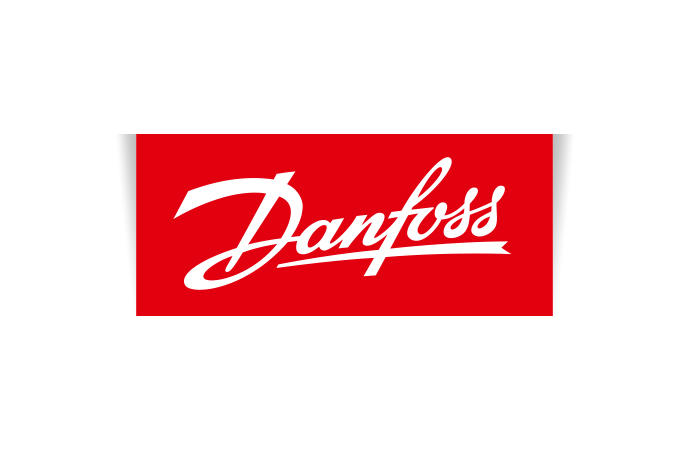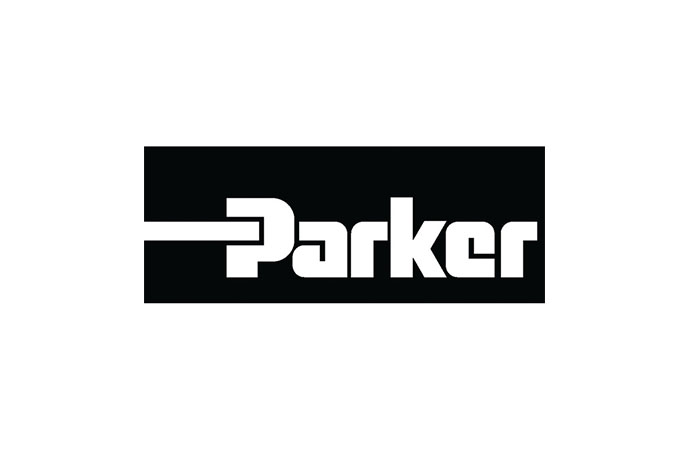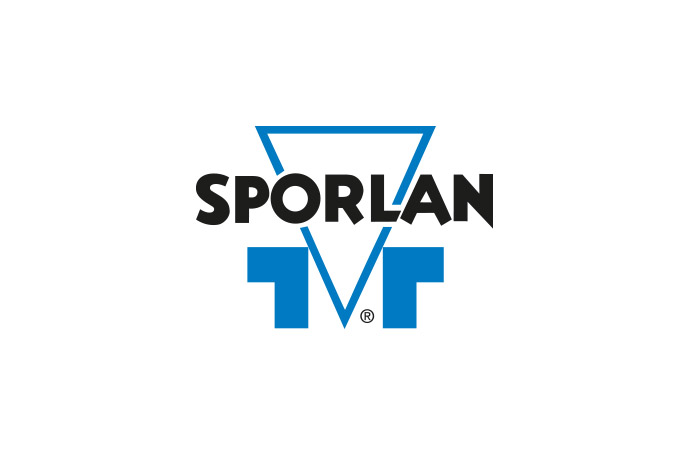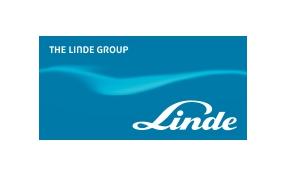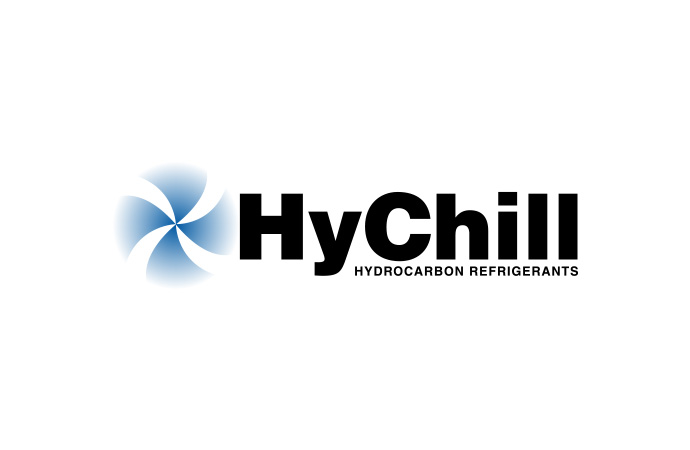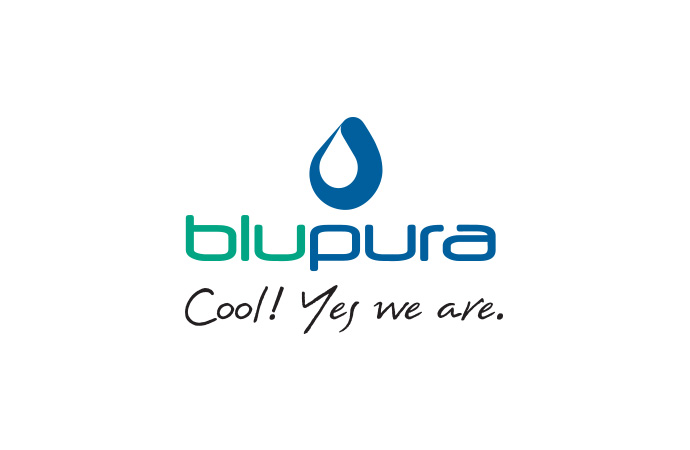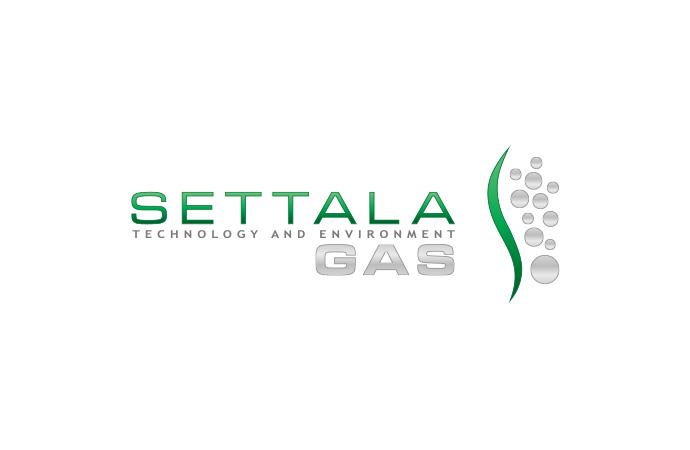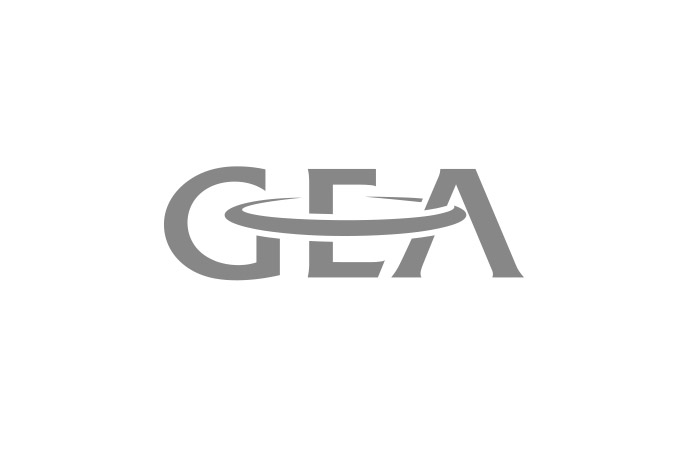Pending final SNAP (Significant New Alternatives Program) EPA approval, expected this year, hydrocarbon refrigerators will make their way to the US consumer in 2011, reports the Washington Post.

In use in Europe since 1993, when the first Greenfreeze refrigerator debuted in Germany, hydrocarbon refrigerators have been sold in Mexico, South America, Cuba and parts of Africa, along with Japan, China and throughout Europe, but have not previously gained entry to the US market due to lack of EPA approval.
Instead, Americans have known only two types of household refrigerators, both of which use an ozone-depleting, global warming chlorofluorocarbon (CFC) or hydrofluorocarbon (HFC) refrigerant.
The start of a fundamental shift in refrigeration?
According to the Washington Post article, Stephen O. Andersen, former director of Strategic Climate Projects in the EPA's Climate Protection Partnership Division said that "hydrocarbons will slowly take over the market".
Already a handful of companies based in the United States have started using natural refrigerants in industrial food service equipment. Selected Ben & Jerry's stores received federal approval in 2008 to use hydrocarbon propane freezers, while Coca-Cola invested $60 million to advance HFC-free cooling globally.
At the recent United Nations Framework Convention on Climate Change in Cancun, Mexico, 400 international companies, including Unilever and Wal-Mart, pledged they would phase out HFCs from all industrial equipment by 2015.
On the commercial side, General Electric plans to introduce the first hydrocarbon household refrigerator in the United States in June 2011, which will be Insulated with hydrocarbon foam and cooled by the hydrocarbon refrigerant isobutene.
Hydrocarbons a safe alternative
"Europe has produced incredibly safe, popular hydrocarbon refrigerators, but there's still some suspicion in the U.S.," said Durwood Zaelke, director of the Secretariat of the International Network for Environmental Compliance and Enforcement.
Based on the track record of the hydrocarbon refrigerators, Zaelke said, it's unclear whether concerns about them "are true safety concerns or just a clever argument for those who make chemicals."
SNAP, which regulates chemicals or technologies that replace ozone-depleting substances, ruled in 1994 that hydrocarbon refrigerants were too risky to be used in household refrigerators in the United States, citing at the time a lack of information about the hydrocarbon refrigerant's flammability potential.
“Hydrocarbons weren't on anyone's radar," said Amy Larkin, director of Greenpeace Solutions, "and when we brought this to the government agencies, telling them these were a better, safe, efficient alternative, we were ridiculed."
However, with currently more than 400 million hydrocarbon household refrigerator units sold worldwide by several major manufacturers including Whirlpool, Haier and Sanyo, that old perception seems set to change.
"Refrigerators are safe with hydrocarbons", Andersen is reported as quoting in the Washington Post article.
Instead, Americans have known only two types of household refrigerators, both of which use an ozone-depleting, global warming chlorofluorocarbon (CFC) or hydrofluorocarbon (HFC) refrigerant.
The start of a fundamental shift in refrigeration?
According to the Washington Post article, Stephen O. Andersen, former director of Strategic Climate Projects in the EPA's Climate Protection Partnership Division said that "hydrocarbons will slowly take over the market".
Already a handful of companies based in the United States have started using natural refrigerants in industrial food service equipment. Selected Ben & Jerry's stores received federal approval in 2008 to use hydrocarbon propane freezers, while Coca-Cola invested $60 million to advance HFC-free cooling globally.
At the recent United Nations Framework Convention on Climate Change in Cancun, Mexico, 400 international companies, including Unilever and Wal-Mart, pledged they would phase out HFCs from all industrial equipment by 2015.
On the commercial side, General Electric plans to introduce the first hydrocarbon household refrigerator in the United States in June 2011, which will be Insulated with hydrocarbon foam and cooled by the hydrocarbon refrigerant isobutene.
Hydrocarbons a safe alternative
"Europe has produced incredibly safe, popular hydrocarbon refrigerators, but there's still some suspicion in the U.S.," said Durwood Zaelke, director of the Secretariat of the International Network for Environmental Compliance and Enforcement.
Based on the track record of the hydrocarbon refrigerators, Zaelke said, it's unclear whether concerns about them "are true safety concerns or just a clever argument for those who make chemicals."
SNAP, which regulates chemicals or technologies that replace ozone-depleting substances, ruled in 1994 that hydrocarbon refrigerants were too risky to be used in household refrigerators in the United States, citing at the time a lack of information about the hydrocarbon refrigerant's flammability potential.
“Hydrocarbons weren't on anyone's radar," said Amy Larkin, director of Greenpeace Solutions, "and when we brought this to the government agencies, telling them these were a better, safe, efficient alternative, we were ridiculed."
However, with currently more than 400 million hydrocarbon household refrigerator units sold worldwide by several major manufacturers including Whirlpool, Haier and Sanyo, that old perception seems set to change.
"Refrigerators are safe with hydrocarbons", Andersen is reported as quoting in the Washington Post article.
MORE INFORMATION
Related stories


